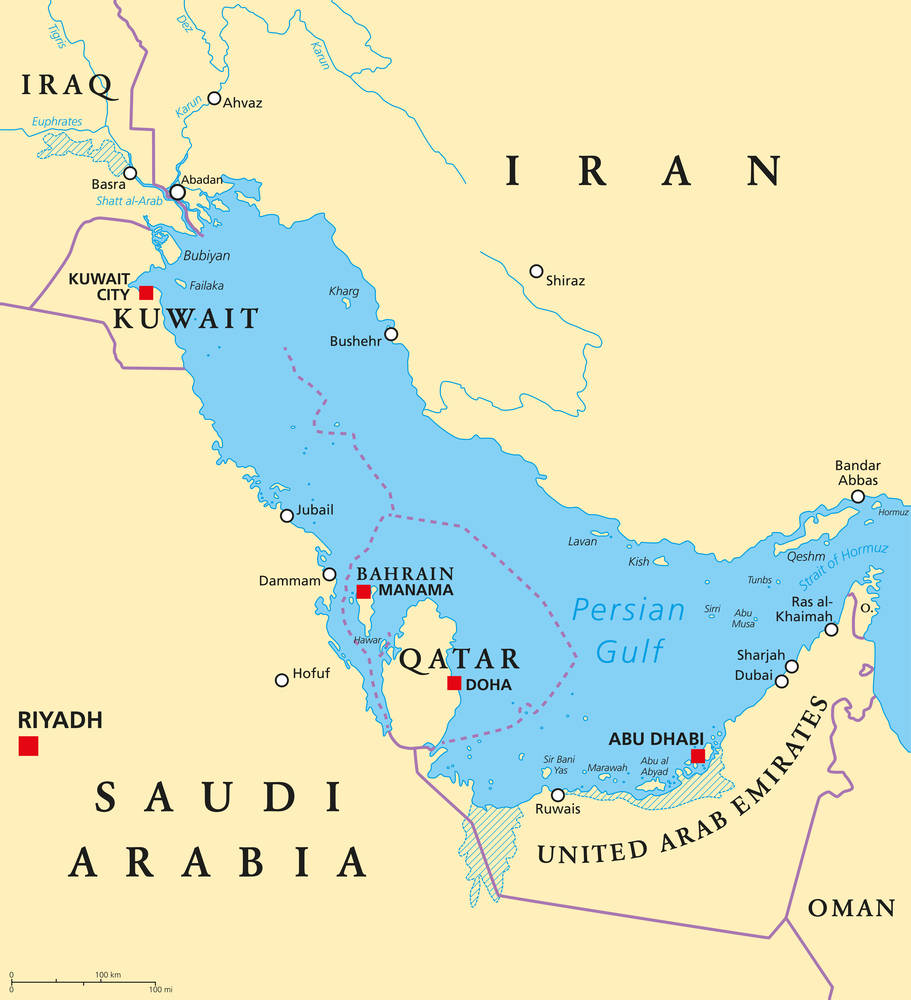The Russian and Kuwaiti Foreign Ministers have met in Moscow, with Russia welcoming Kuwait’s growing interest in developing relations between the two countries, according to Russian Foreign Minister Sergey Lavrov following talks with Kuwaiti Foreign Minister Abdullah al-Yahya.
Lavrov said “We have welcomed the growing interest of the governments, departments and business circles of the two countries in developing relations in all areas of our bilateral cooperation.”
Lavrov noted that the parties paid particular attention to facilities and resources of the relations, which is handled by the Russian-Kuwait intergovernmental commission on trade, economic, scientific and technical cooperation. “The commission has not met for a long time, and we agreed to speed up its seventh meeting. It should take place in Moscow, we will try to do this by the end of this year.”
The two countries are also working on introducing a visa-free regime between them help facilitate trade and tourism.

The political ties between Russia and Kuwait are characterized by relatively close diplomatic ties, mutual visits, and growing, yet still modest cooperation in trade and investments. Both have maintained diplomatic relations for decades, with Kuwait being one of the Gulf Cooperation Council (GCC) countries that prefers having close ties with Russia. Both also collaborate within the framework of OPEC+ (which includes OPEC members and non-OPEC oil-producing countries like Russia) to manage oil production levels and stabilize global oil prices.
All this is possible despite Kuwait’s own close security and military relations with the US. Moreover, Kuwait and Russia often have similar positions on the conflicts in the Middle East by advocating a two-state solution to the Palestinian-Israeli conflict, or the post-war Syria.
Kuwait’s position on the conflict in Ukraine can be characterized as balanced and pragmatic and despite external geopolitical pressures, Kuwait continues to practice a neutral policy.
Russian companies are interested in opportunities in infrastructure development and real estate in Kuwait. Given global trends, Kuwaiti investors are exploring opportunities in Russia’s growing technology sector, including fintech, health tech, and e-commerce. Kuwaiti businesses are attracted to Russia’s oil and gas projects, including upstream exploration and development projects, considering Russia’s vast natural resources.
Kuwait has a wealthy petroleum-based economy, and is one of the richest countries in the world, with the Kuwaiti dinar is the highest-valued unit of currency in the world. According to the World Bank, Kuwait is one of five nations with a GNI per capita above US$70,000. However, while Kuwait is currently the GCC region’s most oil-dependent country – it also has the weakest infrastructure and lowest share of economic diversification.
Current Russia-Kuwait bilateral trade is valued at about US$1.5 billion. Kuwait exports electrical products to Russia, Russia exports iron, copper and chocolate. Trade ties are likely to remain conservative, however Kuwait does need to diversify its economy and will want to be associated with the BRICS group in one form or another.
Further Reading
Russia – Gulf Cooperation Council Trade & Relations: Update
Continue Reading





 Русский
Русский









